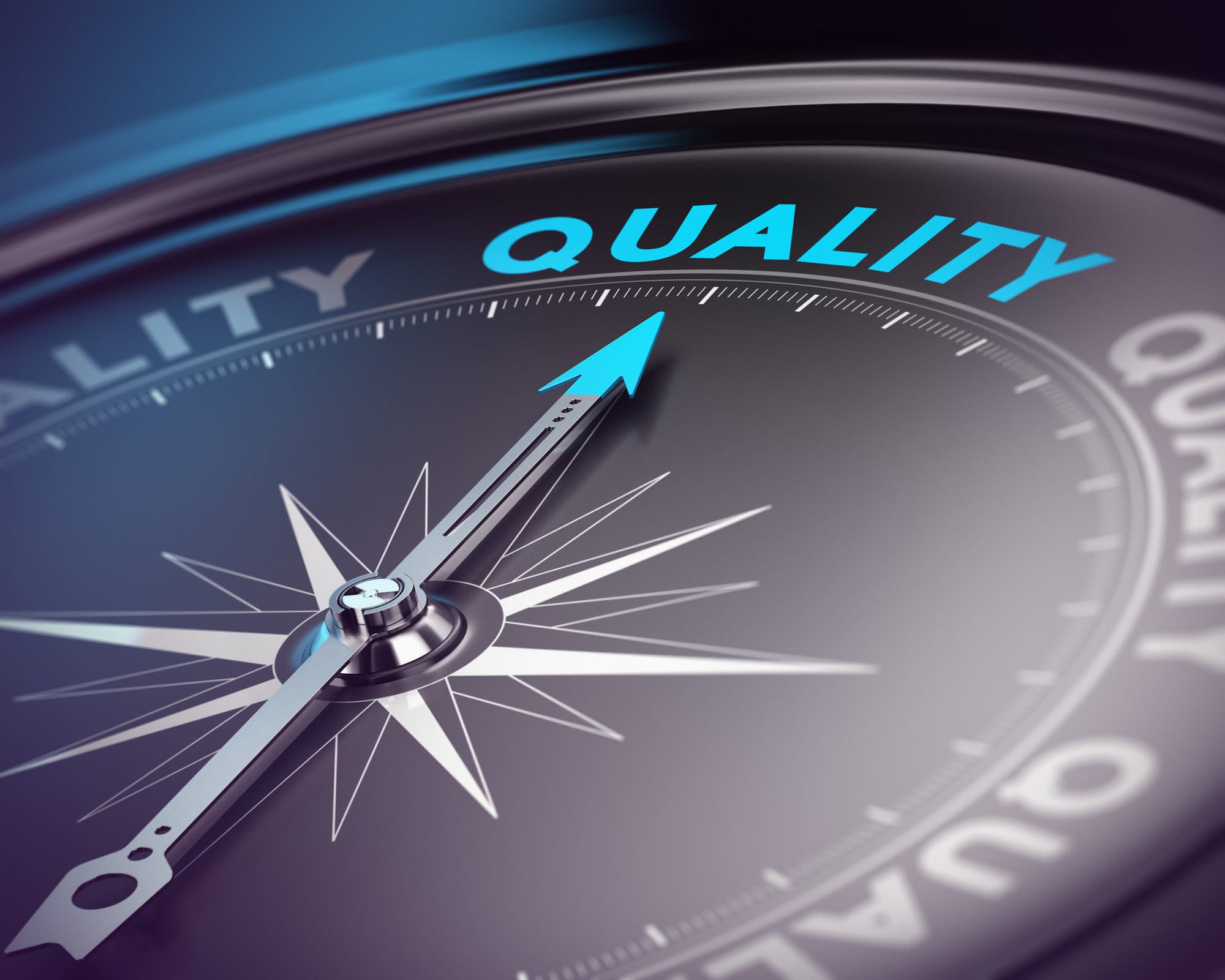From Costly Recalls to Investor Confidence: Making Quality a Growth Strategy

Case Study: From Costly Recalls to Investor Confidence: Making Quality a Growth Strategy
Executive Summary
In high-tech startups, speed to market is often prioritized over quality. The consequences can be severe: costly recalls, drained cash reserves, reputational damage, and lost investor confidence. Yet when approached correctly, quality is not a constraint — it becomes a growth strategy.
Failure Hall of Fame: Startup Collapses Driven by Quality Issues
Hardware and deep-tech startups rarely fail because of vision alone — more often, they collapse because execution and quality issues destroy investor confidence. Below are notable examples where quality failures directly led to capital destruction and loss of trust.
| Company | Funding Raised | Quality Issue | Collapse Impact | Lesson |
| Juicero (Food-Tech, US) | $120M+ | Hardware units unreliable; product could be bypassed by hand | Media backlash, customer distrust; shut down 2017 | Reliability validation critical before launch |
| Better Place (EV Infrastructure, Israel/US) | $900M+ | Battery-swapping stations frequently failed | Bankruptcy 2013; investor confidence eroded | Mission-critical systems must be reliable at scale |
| A123 Systems (Batteries, US) | $1B+ | Battery recalls due to defective packs | Tens of millions lost; bankruptcy; acquired by Wanxiang | Immature quality processes can sink even proven tech |
| Quirky (IoT Hardware, US) | $185M | Products shipped with high failure/return rates | Bankruptcy 2015 after retailers pulled back | Scaling without quality assurance erodes trust |
| Theranos (MedTech, US) | $700M+ | Inaccurate and unreliable blood tests | Total collapse; SEC charges; founder indicted | Quality is survival in regulated industries |
| Local Motors (Automotive, US) | $100M+ | Vehicles failed durability and safety reliability tests | Shut down 2022 after failing to secure funding | Reliability validation is non-negotiable in mobility |
These examples demonstrate a consistent truth: Quality failures are financial failures. For investors, this is not just about product defects — it is about leadership judgment, execution discipline, and whether capital is being protected. Ruppert Strategy Partners helps startups avoid becoming the next cautionary tale by embedding quality as a growth strategy.
Case Studies
These case studies illustrate how Ruppert Strategy Partners (RSP) can help hardware and deep-tech startups shift quality from an afterthought to a core value driver, enabling companies to protect capital, restore customer trust, and reinforce investor confidence.
The Challenge
Startups face relentless pressure from boards and investors to launch products quickly. Unfortunately, this urgency often leads to quality and reliability being underfunded or overlooked.
The Result
- High return rates within the first year of product launch.
- Warranty costs eating into scarce capital.
- Operational firefighting instead of scaling.
- Investor concern about leadership capability and viability of the business model.
Case Example 1: OCZ Technology (later acquired by Toshiba)
Challenge: Shortly after launching two SSD products, return rates spiked to nearly 40% due to reliability issues that were not addressed during product development.
Action: Established a dedicated Quality & Reliability team, led by seasoned reliability leadership. Introduced rigorous Design of Experiments (DOEs) and root cause analysis.
Outcome: Within 12 months, product performance stabilized, customer trust improved, and the company regained competitiveness, paving the way for acquisition by Toshiba.
Case Example 2: Thermoelectric Startup
Challenge: Thermoelectric vaccine refrigerators were sold with an 8-year warranty, yet return data showed failures in as little as 2–3 years. Warranty expenses became a major financial drag.
Action: Built a Q&R function around an experienced reliability leader. Applied intensive DOEs, identified subsystem weaknesses, and redesigned for long-term reliability.
Outcome: Reliability improved to align with warranty promises. Customer confidence returned, and warranty costs were reduced, freeing up capital for growth initiatives.
Lessons Learned
- Quality failures are not just technical issues — they are financial and strategic risks.
- Recalls and warranty drains erode the very runway investors provide.
- By embedding quality early, startups can:
- Reduce total cost of ownership.
- Extend runway by cutting unplanned warranty expenses.
- Build brand equity and customer trust.
- Strengthen investor confidence in leadership and execution.
RSP’s Approach to Making Quality a Growth Strategy
RSP helps startups and their investors reframe quality from a compliance checkbox to a competitive advantage:
- Embedding quality and reliability criteria into product development from day one.
- Building cross-functional quality systems (QMS, FMEA, DOE-driven validation).
- Reducing warranty and recall exposure through early risk identification.
- Translating quality metrics into investor confidence stories.
Closing Thought
Quality is not the enemy of speed. Done right, it is the foundation of sustainable growth. At Ruppert Strategy Partners, we help startups transform costly recalls into investor confidence — turning quality into a growth strategy.